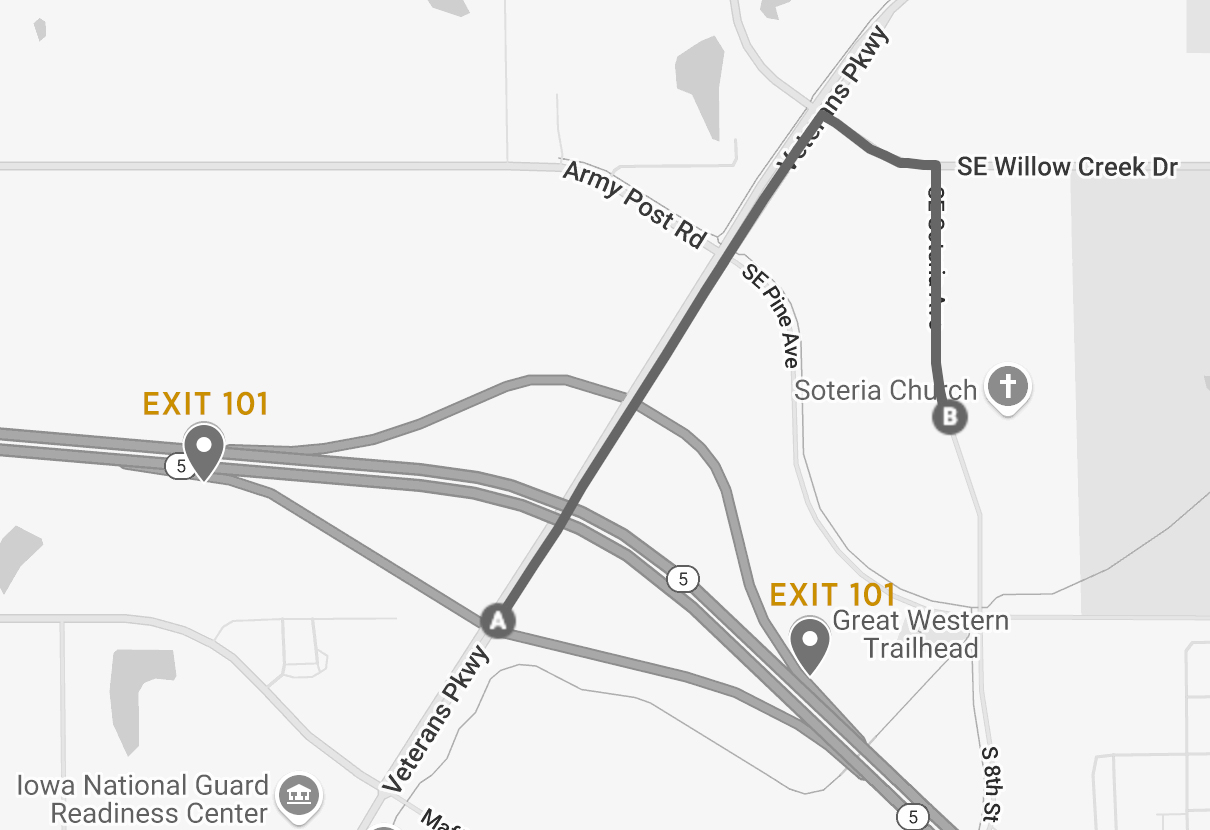Engaging In Your Children's Education Isn't Optional
By Zach Dietrich
It is the responsibility of Christian parents to provide their children with a Christian education. To do any less than that is to disobey Scripture.
What will school be like this year? Parents and children around the world are trying to adjust to an ever-changing “new normal” as schools re-engage students this fall. New schedules, new technology, new responsibilities, and new clothing are just some of the new normals this year. Christian parents ought to use this as an opportunity to think about how they are educating their children. My thesis for parents is simple and straightforward: It is the responsibility of Christian parents to provide their children with a Christian education. To do any less than that is to disobey Scripture.
Christian education does not equal private school. Nor does charging parents with Christian education mean that only parents educate.
Now that I’ve upset nearly half of you, let me clarify what I mean. For many, Christian education has come to mean nothing more than “private school” as opposed to public education or homeschooling. But when I speak of providing a Christian education, I am not limiting it to the classroom. Some parents faithfully immerse their children in a home shaped by the gospel and use their neighborhood public school. Other parents use Christian schools or homeschool, but they should not automatically assume a Christ-centered education is happening. Christian education does not equal private school. Nor does charging parents with Christian education mean that only parents educate. Soteria is a church family united around the gospel with a diversity of educational choices. Finally, let me say this clearly so I’m not misunderstood—arguing that it’s our responsibility to provide a Christian education does not imply that we can produce Christians.
With some clarifications made, let’s move on. Christian education is obedience to both the Old and New Testaments. Listen to how Moses describes the “curriculum,” goals, and teachers of a good education in Deuteronomy 6. I know Deuteronomy is to Israel, not the church, but it still applies.
“Listen, Israel: The LORD our God, the LORD is one. Love the LORD your God with all your heart, with all your soul, and with all your strength. These words that I am giving you today are to be in your heart. Repeat them to your children. Talk about them when you sit in your house and when you walk along the road, when you lie down and when you get up. Bind them as a sign on your hand and let them be a symbol on your forehead. Write them on the doorposts of your house and on your city gates” Deuteronomy 6:4-8.
The curriculum is rich theology about God. The goal of education is love. The teachers are parents who immerse their home with truth.
Then in the New Testament, Paul says this about education.
“Fathers, don’t stir up anger in your children but bring them up in the training and instruction of the Lord” Ephesians 6:4.
Two words immediately jump out to me—one in English and one in Greek. Paul speaks to “fathers.” The command is plainly given to dads. Note that. Also, but less plain, at least in English, is the meaning of the word “training” or paideia. Paideia is a significant term that encompasses more than Bible class or Sunday School. Paideia refers to the training one receives for every area of life, the culture of your home, and your responsibilities in society. A Christian education touches every subject of life.
Both Deuteronomy 6 and Ephesians 6 are worthy of being unpacked in books (and trust me, they have been), but I’d like to explore just a few implications for parents.
Christian Education is parent-engaged education.
First, Christian Education is parent-engaged education. Or to say it negatively, disengaged education is not Christian education even if it is at home or Christian school. Both passages call Christian parents to be fully engaged in their children’s education no matter what classroom they sit in. Parents, you are your children’s curriculum. You are the first book your son reads. You are your daughter’s teacher, whether she’s six or sixteen. Parents have to be involved. What that looks like varies from home to home, classroom to classroom, father to father. That’s normal. Whatever expression it finds, Christian parents, engaging in your children’s education isn’t optional—it’s obedience to God.
Now it’s possible to be an engaged parent and succeed at nothing more than smothering your child. Having actively engaged parents is foundational for Christian education, but it doesn’t make it. So we also need to explore a Christian curriculum and a distinctly Christian goal for education. We’ll explore those next.


